
Adoption Procedures and Laws in Singapore
February 1, 2024
Essential Steps to Take When Facing Legal Issues in Singapore
April 2, 2024Maternity and Paternity Leave Rights in Singapore
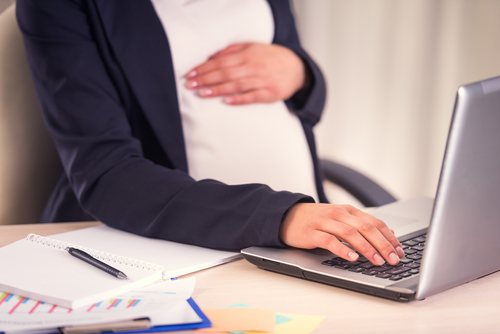
Maternity and Paternity Leave Rights in Singapore
Maternity and Paternity Leave Rights in Singapore. In Singapore, maternity and paternity leave rights are essential aspects of employment law, designed to support working parents.
These laws play a crucial role in promoting a balanced approach to work and family life.
Maternity and paternity leave policies are not just employment benefits; they are vital for the well-being of families.
These leaves allow parents to bond with their newborns and adjust to new family dynamics without the immediate pressure of work.
This article aims to offer an in-depth understanding of maternity and paternity leave rights in Singapore.
It details the statutory entitlements, eligibility criteria, and the process involved in availing these leaves, providing a comprehensive guide for working parents.
Maternity Leave in Singapore
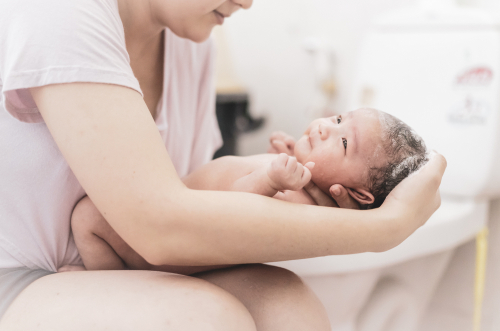
Statutory Maternity Leave Entitlement
In Singapore, the government has mandated a statutory maternity leave of 16 weeks.
This provision ensures that mothers have adequate time to recover from childbirth and bond with their newborns.
Eligibility Criteria for Maternity Leave
To be eligible, a mother must have worked for her employer for a minimum period, usually three months, and should have a child who is a Singapore citizen.
The law is designed to cover a wide range of employment situations, ensuring most working mothers can benefit.
Rights and Benefits During Maternity Leave
During this period, mothers are entitled to their regular wages, ensuring financial stability.
Additionally, their employment security is protected, and they cannot be dismissed on grounds of pregnancy or maternity leave, which is a significant aspect of labor rights in Singapore.
Paternity Leave in Singapore
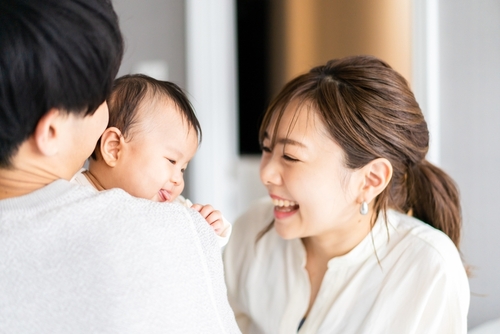
Statutory Paternity Leave Entitlement
Fathers in Singapore are entitled to two weeks of paternity leave, which can be a crucial time for forming an early bond with their child.
This leave can be taken consecutively or in parts within a stipulated period following the child’s birth.
Eligibility Criteria for Paternity Leave
To be eligible, the father must be legally married to the child’s mother and have met specific employment conditions.
This criterion aims to extend the benefit to a broad range of fathers, recognizing their role in early childcare.
Rights and Benefits During Paternity Leave
During paternity leave, fathers are entitled to their usual salary, which is crucial in providing financial support to the family during this period.
This entitlement underscores the societal value placed on paternal involvement in child-rearing.
Shared Parental Leave
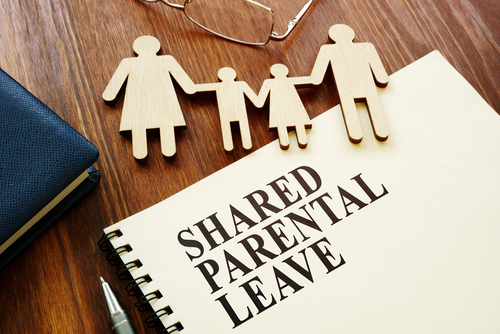
Shared parental leave is a progressive policy in Singapore that allows fathers to share part of the mother’s maternity leave.
This policy reflects an evolving understanding of parenting roles and promotes shared responsibilities between mothers and fathers.
To qualify, both parents must meet certain employment criteria, and the mother must agree to transfer part of her maternity leave to the father.
This arrangement offers families flexibility in managing childcare and work.
Couples can choose how to allocate this shared leave, which can be up to 4 weeks.
This flexibility allows families to make decisions that best suit their circumstances, promoting a more balanced approach to work and family life.
Extended Maternity Leave Options
Maternity Leave Beyond Statutory Requirements
Some employers in Singapore offer extended maternity leave as part of their employment benefits.
These additional leaves are a testament to the employer’s commitment to supporting working mothers.
Childcare Leave and Unpaid Infant Care Leave
Beyond the standard maternity leave, parents are also entitled to childcare leave.
Additionally, unpaid infant care leave is available under specific conditions, providing further support to working parents.
These provisions are part of Singapore’s broader commitment to helping parents balance their work commitments with family responsibilities, acknowledging the challenges faced by working parents.
Adoption Leave
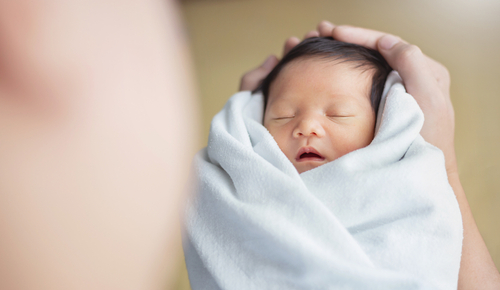
Leave Options for Adoptive Parents
Singapore also provides adoption leave for adoptive parents, recognizing the need for time to bond with an adopted child.
This inclusion in the leave policies reflects a comprehensive understanding of diverse family structures.
Eligibility Criteria and Entitlements
To qualify, adoptive parents must meet specific criteria, including the adopted child’s age and citizenship status.
This leave is similar in length to maternity leave, providing equitable support to adoptive mothers.
Legal Aspects of Adoption Leave in Singapore
The legal framework for adoption leave ensures that adoptive parents are afforded the same protections and rights as biological parents, emphasizing the importance of bonding time with the child, regardless of the method of parenthood.
Leave Application Process

Applying for maternity or paternity leave involves notifying employers and submitting necessary documentation.
This process is typically straightforward but requires adherence to specific timelines.
Documentation often includes medical certificates for maternity leave and birth certificates for paternity leave.
Timely notification to employers is crucial to facilitate a smooth leave application process.
In cases of disputes or concerns regarding leave, employees have the right to seek redress.
This can involve discussions with the employer, mediation, or, in more severe cases, legal action to ensure that their rights are upheld.
Rights and Protections for Employees
Protection Against Discrimination and Unfair Treatment
Employees in Singapore are protected against discrimination based on their parental status.
The Employment Act and other labor laws ensure that employees taking maternity or paternity leave are not unfairly treated or penalized.
Understanding the Employment Act and Parental Leave Rights
The Employment Act in Singapore lays down clear guidelines and protections for employees regarding parental leave.
Understanding these rights is crucial for employees to ensure they are fully aware of their entitlements.
If employees face issues related to their parental leave rights, they can explore various legal avenues.
These include seeking assistance from the Ministry of Manpower or legal recourse through labor courts.
Frequently Asked Questions (FAQs)
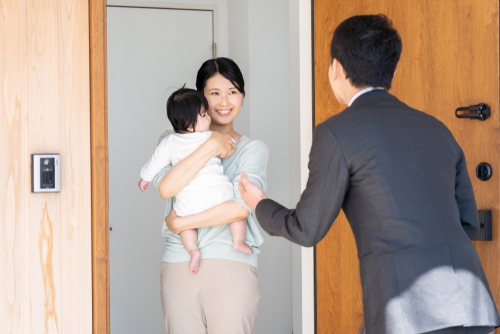
How Many Days of Maternity Leave are Provided in Singapore?
Eligible working mothers are entitled to 16 weeks of maternity leave, offering them substantial time to care for and bond with their newborn.
What are the Eligibility Criteria for Shared Parental Leave?
To qualify for shared parental leave, both parents must be legally employed and have met certain service duration requirements.
The mother must also consent to transfer a portion of her maternity leave to the father.
Can Fathers Take Paternity Leave if the Mother is Not Working?
Fathers are eligible for paternity leave regardless of the mother’s employment status, ensuring that all fathers have the opportunity to spend time with their newborns.
Is There a Limit to the Number of Children for Whom Leave Can Be Taken?
The entitlement to maternity and paternity leave in Singapore is typically limited to the first four children.
However, specific conditions apply, and parents should verify the details based on their situation.
What Should I Do if My Employer Refuses to Grant Maternity or Paternity Leave?
If an employer refuses to grant maternity or paternity leave, the employee can seek assistance from the Ministry of Manpower.
Legal avenues are also available to address such workplace disputes.
Maternity and Paternity Leave Rights in Singapore – Conclusion

This article has comprehensively covered the maternity and paternity leave rights in Singapore, highlighting the statutory entitlements, eligibility criteria, application process, and employee protections.
It is crucial for parents in the workforce to understand and exercise their leave entitlements.
Being informed about these rights enables them to make the best decisions for their families and careers.
The maternity and paternity leave rights in Singapore are a testament to the nation’s commitment to promoting work-life balance and supporting family-friendly policies in the workplace.
These policies not only benefit families but also contribute to a more inclusive and productive work environment.
Are you seeking a professional and reliable lawyer in Singapore? Contact us today!



